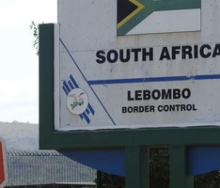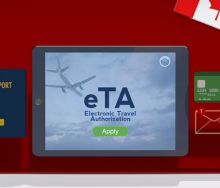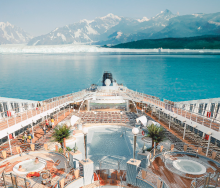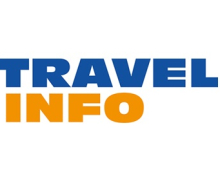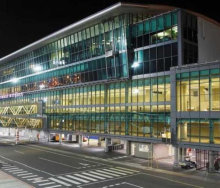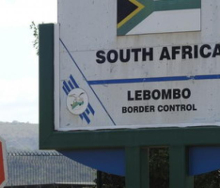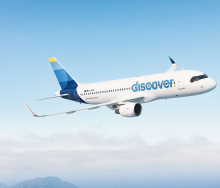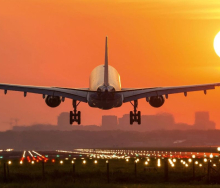Corporate travel is once again moving into the dominant position in the SA retail travel outbound travel landscape. This is despite several shifts have emerged in the business travel landscape post-COVID.
According to the Global Business Travel Association (GBTA), corporate travel spending will reach a record high in 2024.
The association's 2024 Business Travel Index Outlook predicts spending will reach US$1,48 trillion (R27,3 trillion) by the end of this year – up from the prior record of US$1.43 trillion (R26,4 trillion) in 2019.
And the growth is projected to continue annually, with business travel spending projected to surpass US$2 trillion (R36,9 trillion) by 2028.
“We are witnessing the expected rebound in the sector, reflecting the resilience and adaptability of businesses and the value of business travel worldwide,” said Suzanne Neufang, CEO of GBTA.
Travel News’ most recent poll revealed that corporate travel makes up more than half of 64% of readers’ business so far in 2024.
Ramon Geldenhuys, CEO of 360 Degrees Travel, and Wayne Kruger, Head of Product: NexCT, agreed that South Africa’s current outbound corporate travel revenue numbers are on par with pre-COVID 2019 levels, apart from a few standouts. Corporate trips account for 90% of the sales for 360 Degrees Travel.
Geldenhuys said that the number of real trips so far this year is down from pre-Covid conditions.
“Costs, economic uncertainty and the trend towards online meetings have seen many South African corporates reducing or maintaining their spending on outbound corporate travel,” he said.
Geldenhuys and Kruger say that South African corporate travellers are cutting down on the number of trips they take but spend more time at each destination.
“Instead of flying frequently for short stays, they're extending their trips and packing in more meetings. This strategy helps them get more done in one go, making their travel plans more efficient and productive.”
They also mentioned that corporate travel to London is bouncing back strongly, drawing increased interest once again.
And, said Geldenhuys, Dubai is popular among corporate travellers, reflecting how the business landscape is shifting and presenting new opportunities.
“There's also a noticeable trend towards African hubs like Entebbe and Nairobi, which remain go-to spots for business travellers. What's really catching attention though is the surge in interest towards European and other international destinations. It seems like post-pandemic, business travellers are keen to explore new places and make new connections,” Geldenhuys and Kruger added.
Closer to home, regional, business travel remains popular among South African corporate travellers. Destinations such as Lesotho, Mozambique, Botswana, Zimbabwe, and Kenya are among the top choices.
Linda Edwards, MD of XL Turners Travel, told Travel News that there has been a big shift in the South African outbound corporate travel market from Europe and the US to Africa and the Middle East. Corporate travel accounts for 90% of sales for XL Turners Travel.
“Higher airfare costs have put a strain on corporate travel budgets. We’re not seeing as much business class travel but more upper economy class requests. The increased time taken to get visas, particularly for the US and Europe has meant corporates are having to prepare their trips a lot longer in advance, with a lot more scrutiny and focus on travel insurance,” Edwards said.
Bleisure increasing
The demand for corporate companies looking to combine leisure in their business trips, known as ‘bleisure’ travel, is currently increasing, according to Geldenhuys and Kruger.
“We are getting more enquiries in this regard. This trend has been driven by the evolving flexible work models and the increasing desire for work-life balance. It also not only boosts traveller morale but has also proven to enhance staff retention rates, a benefit that organisations are keenly aware of,” they said.
The pair added that they are now witnessing larger organisations increasingly embracing this approach as well.
Geldenhuys, Kruger and Edwards concurred that the high cost of flights, visa issues, exchange rates and increased disruptions in travel due to weather, strikes and political issues are currently the biggest challenges to South Africa’s outbound corporate travel industry.


